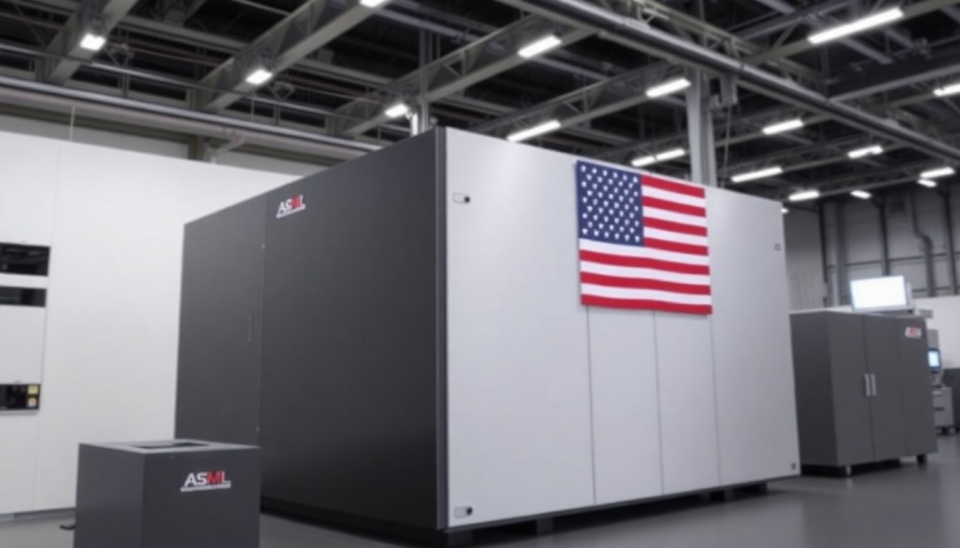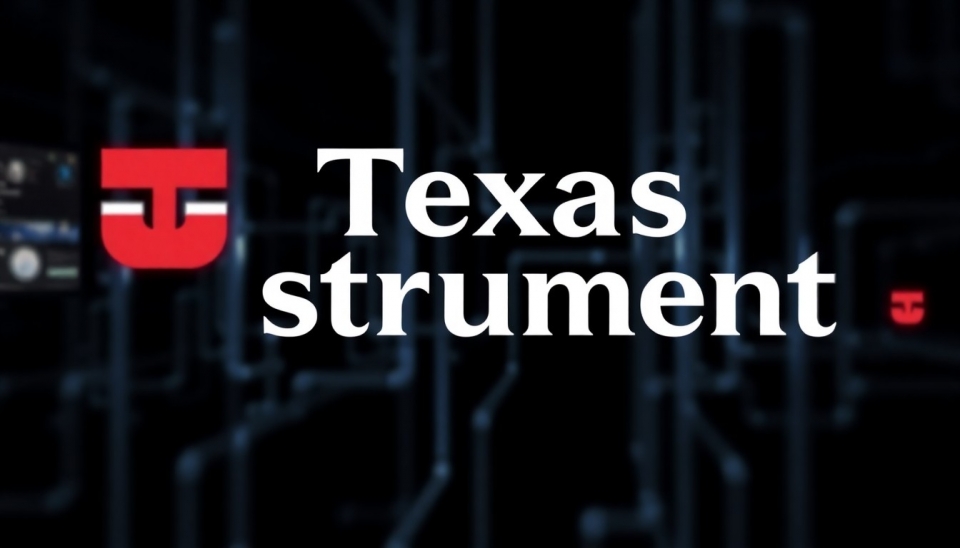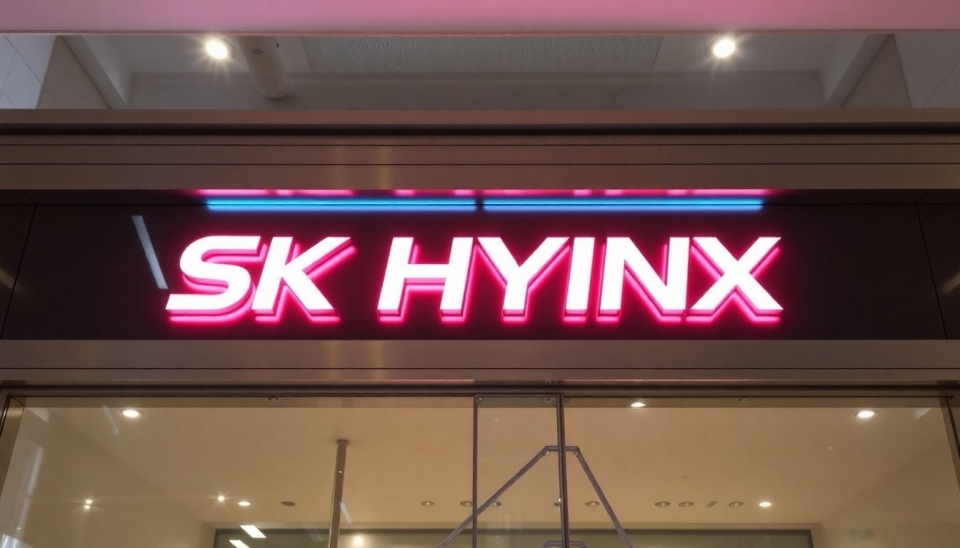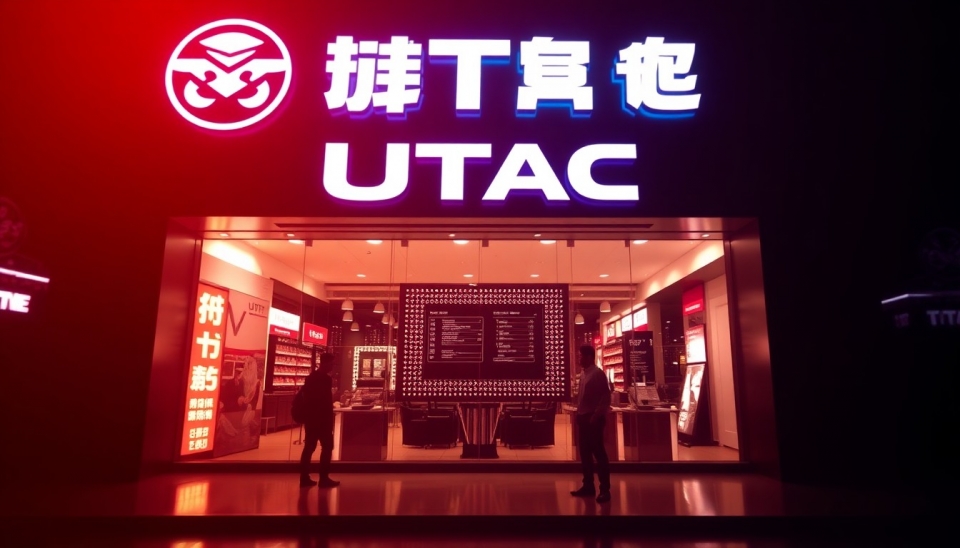
ASML Holding NV, a leading global supplier of photolithography equipment used in the semiconductor manufacturing industry, reported a significant shortfall in new orders for its advanced chip-making machinery. This comes at a time when the looming uncertainty surrounding potential U.S. tariffs is causing concern among stakeholders in the industry.
For the first quarter of 2025, ASML's orders fell short of analyst expectations, with the company securing only €3.2 billion in new orders, well below the anticipated €4 billion. This decline has raised eyebrows as it suggests that semiconductor manufacturers may be hesitating to invest in new equipment due to potential shifts in trade policies that could dramatically alter operational costs.
The concern primarily centers around ongoing discussions regarding tariffs on semiconductor-related imports or exports. The United States has been known to adjust trade policies in ways that directly impact the cost structure for companies like ASML, affecting their competitiveness in global markets. Many semiconductor firms are reportedly adopting a wait-and-see approach before committing to new investments, and ASML appears to be caught in the crosshairs of this caution.
Additionally, ASML's existing backlog has been substantial, yet the recent decrease in orders signals a possible shift in demand that could have ramifications for its revenue streams down the line. The company maintains a robust portfolio, buoyed by the growing demand for advanced semiconductors across various sectors, notably automotive and consumer electronics. However, the hesitation from clients could hinder ASML's momentum in fulfilling its orders over the coming quarters.
Despite the challenges, ASML remains confident in its technological capabilities and market position. The company's executives expressed a commitment to innovation, emphasizing that they are well-positioned to meet future demands as the global shift towards more sophisticated chip technology continues.
Looking ahead, ASML is closely monitoring the situation with U.S. tariffs, and how this will ultimately shape its pipeline of orders. Stakeholders are hopeful that clarity will emerge soon, enabling semiconductor manufacturers to make more informed decisions on their investments. Until that point, ASML, along with various players in the semiconductor space, will likely face a period of uncertainty that could significantly affect the trajectory of business operations.
As global supply chains continue to face new challenges due to geopolitical tensions and trade policy changes, ASML's experiences could serve as a barometer for the broader semiconductor industry. Industry analysts suggest that how ASML navigates this period will be closely watched, potentially setting the stage for future trends in semiconductor production and innovation.
Overall, ASML's recent order miss serves as a reminder of the complexities and unpredictability surrounding the semiconductor market, especially as it contends with external economic pressures.
#semiconductor #tariffs #ASML #orders #trade #policy #semiconductor #industry #uncertainty
Author: John Miller



